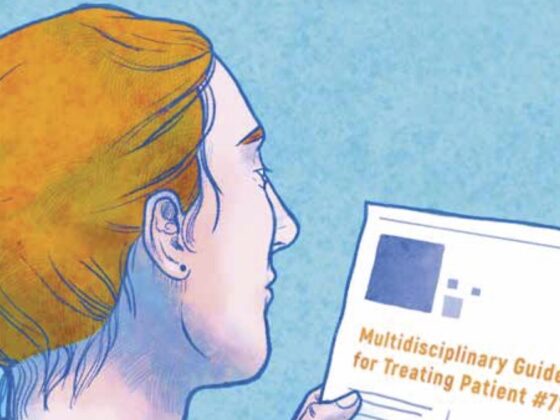After defeating cancer, people are facing other worries, which too often remain unsolved, even though they are seeking for help, according to a Canadian study concluding that it’s time to enhance survivorship care: «Without appropriate support systems in place, these cancer survivors face a substantial burden because of the inadequacy of health care services in meeting the broad spectrum of needs that affect their health and quality of life» the first author Saad Shakeel, from the University of Toronto, writes in the paper appearing in the open access journal Jama Network Open.
The analysis of data of a Canadian population, enrolled in the Experiences of Cancer Patients in Transitions Study, allowed researchers to identify specific health concerns in the period (1-3 years) following the conclusion of cancer treatment. The great majority of 10.171 individuals included in the analysis (30 years or older) reported suffering because of health care concerns (physical [86%], emotional [78%] and practical [44%]), often concurrently (median number of 6). Participants complained for not receiving support for different concerns, regardless of «whether no help was sought, help was sought but was hard or very hard to get, or no help was received despite seeking it». Moreover, most survivors with concerns reported at least one of these “unmet needs”.
When authors looked into factors associated, they discovered that unmet needs were less likely to be reported by survivors who underwent surgical therapy alone (without chemoradiation), who were older, fluent in English and resident in an urban area, and in average had a higher income. They also recommended involving both a general practitioner and an oncologist in care – their engagement was associated with a higher likelihood of meeting the survivors’ need for emotional and practical concerns – and warned that the risk of developing specific concerns could change depending on cancer type. Indeed, compared with breast cancer survivors, people who defeated melanoma had a higher likelihood of reporting unmet emotional needs, whereas prostate and hematological cancers survivors were less likely to have dissatisfaction for physical concerns.
«Given the considerable amount of unmet needs of survivors observed in this study, it appears that enhancements to survivorship or follow-up care are needed, including increasing awareness of the realities of survivorship, implementing earlier interventions for emerging concerns among survivors, and improving the integration of cancer programs and primary care for a smoother transition from cancer to survivorship care» Shakeel and colleagues conclude.












